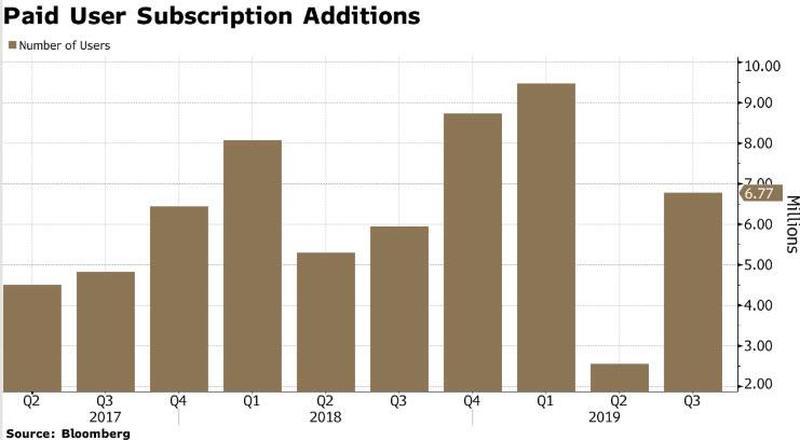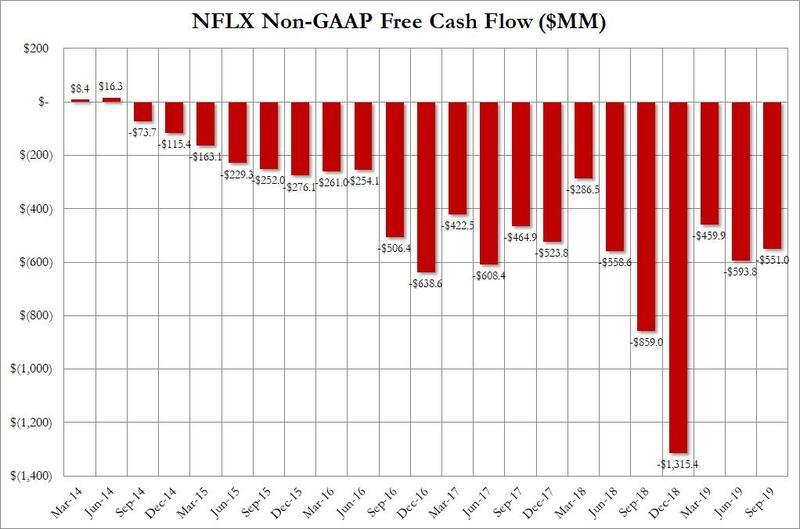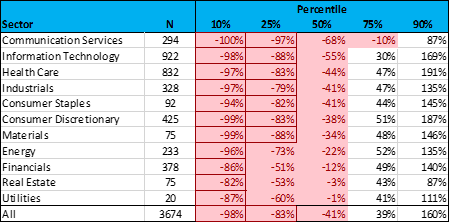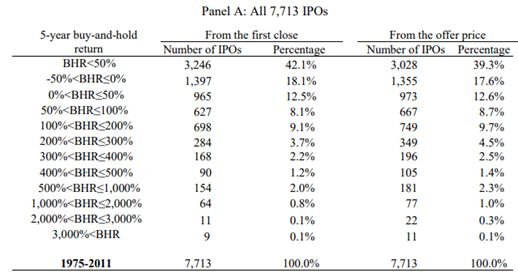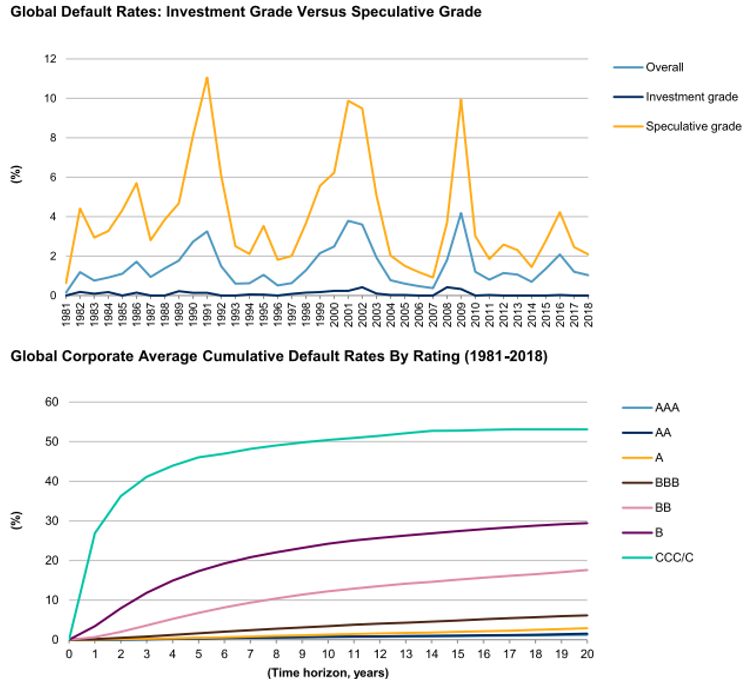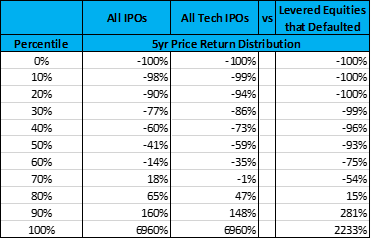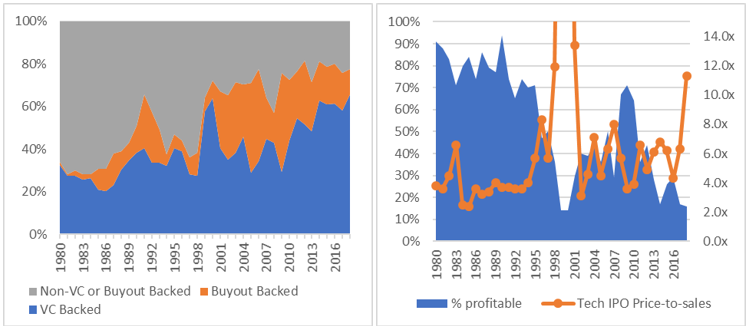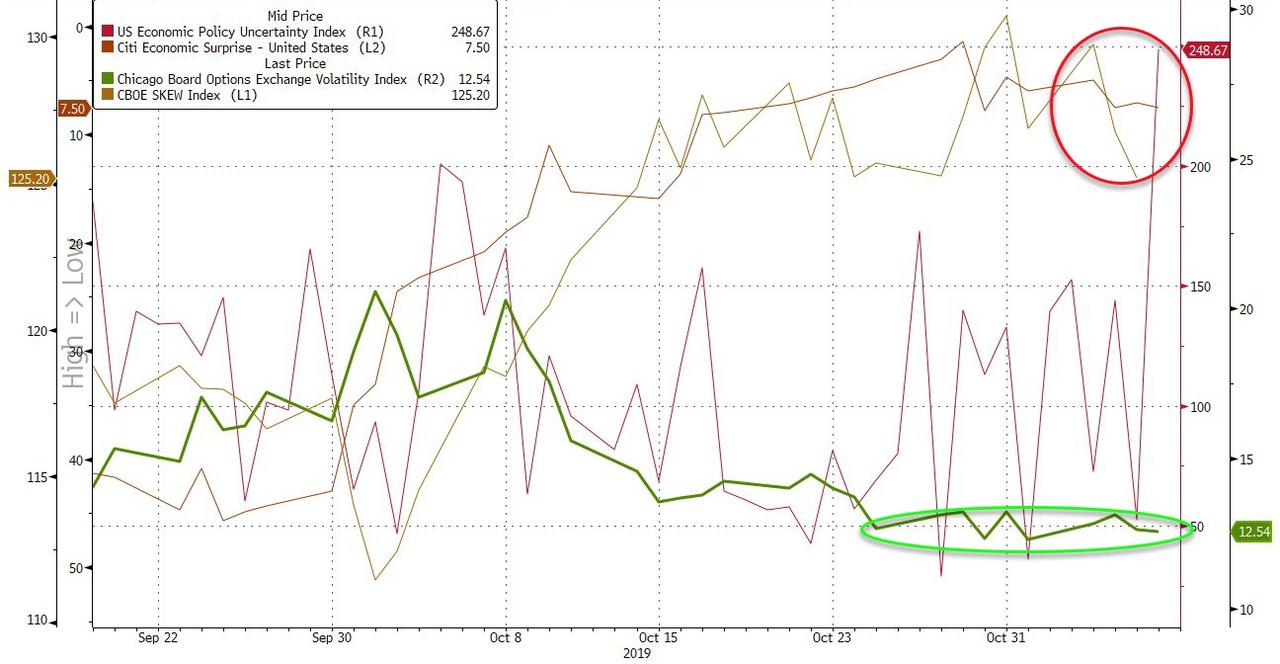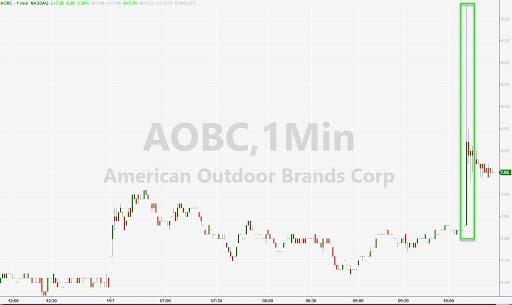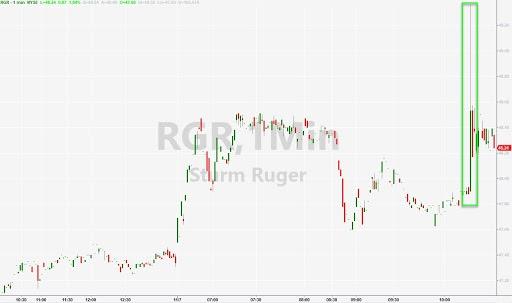A cert petition (available here) has been filed with the Supreme Court in the latest case involving “faithless electors,” Chiafalo et al. v. State of Washington. [Historian Michael Rosin and I have submitted an amicus brief, available here, in support of the petition.] I’m betting that the Court will grant the petition and finally give us its views on a fascinating, and very thorny, question of constitutional law: to what extent may States control the behavior of presidential electors in the performance of their electoral duties?
The Chiafelo case involves three of Washington State’s presidential electors in the 2016 election. Each had been included in a “slate” of potential electors submitted by the WA Democratic Party to the WA Secretary of State. When Hillary Clinton won the Washington popular vote, the WA Secretary of State, in accordance with WA law, appointed the members of the Democratic slate to be the State’s presidential electors.
WA law requires the electors to vote in accordance with their direction from the Party which nominated them, and backs that up with punishment if they act otherwise:
“Any elector who votes for a person or persons not nominated by the party of which he or she is an elector is subject to a civil penalty of up to one thousand dollars.” RCW 29A-56-340.
But when the State’s electors convened in Olympia in December, 2016, the three petitioners in this case, instead of voting for Hillary Clinton, cast their ballots for Colin Powell. They were subsequently fined $1000 each for having so.
The question presented is whether whether the Constitution permits a State to mandate for whom presidential electors must vote, and to enforce that mandate via ex post punishment, or, conversely, whether the right of electors to use discretion in deciding who to vote for is a federally-guaranteed one that is protected against State interference.
The Washington Supreme Court upheld the imposition of the fines (opinion available here), on the grounds that Article II Sec. 1 of the Constitution “gives to the states absolute authority in the manner of appointing electors [and that] it is thus within a state’s authority to impose a fine on electors for failing to uphold their pledge.”
My prediction that the Court will grant the petition and hear the case is based not only on the fact that this is a pretty important question of constitutional law, but on the existence of a clear split of authority on the matter. As some of you may recall, several months ago the 10th Circuit invalidated a Colorado statute similar in purpose and effect to Washington’s (see my blog posting about this case here), and regardless of one’s views on the merits, it is clearly intolerable to have different interpretations of core constitutional provisions in different parts of the country. Moreover, as we stress in our amicus brief, this question could well recur in the context of a dispute over the outcome of a presidential election, and the Court is surely better able to assess and weigh the complicated constitutional arguments on both sides without the intense time pressure (see Bush v. Gore) such a dispute would invariably involve.
One of the things that makes this such a fascinating constitutional question—at least, in my eyes—is the disparity between our long-standing practice regarding the operation of the “Electoral College” and the original constitutional scheme. While we have come to regard the electors as performing a purely formal function—a “kabuki democracy”-style ceremonial ratification the results of the presidential election—it is hard to deny that the Framers had something very different in mind. As Justice Jackson put it some time ago:
“No one faithful to our history can deny that the plan originally contemplated, what is implicit in its text, is that electors would be free agents, to exercise an independent and nonpartisan judgment as to the [individuals] best qualified for the Nation’s highest offices.” Ray v. Blair, 343 US 214, 232 (1952).
Or as Chief Justice Fuller put it in 1892:
“Doubtless it was supposed that the electors would exercise a reasonable independence and fair judgment in the selection of the chief executive, but … in relation to the independence of the electors, the original expectation may be said to have been frustrated. Macpherson v. Blacker, 146 US 1, 36 (1892).
Hamilton’s Federalist No. 68 is the primary, though hardly the only, support for this view of the “original expectation” of the Framers. Hamilton stressed the importance of having the president elected by “men most capable of analyzing the qualities adapted to the station,” noting that a “small number of persons, selected by their fellow citizens from the general mass, will be most likely to possess the information and discernment requisite to so complicated an investigation.”
As we put it in our amicus brief:
From the framing and ratification of the Constitution through the early elections, the ratification of the Twelfth Amendment, the adoption of the Twenty-Third Amendment, and Congress’s consistent acceptance and counting of anomalous electoral votes, historical evidence shows that the Framers and every Congress to consider the question understood the Constitution as empowering electors to “vote according to their best judgment and discernment.”
It was expected, in short, that these electors would actually elect a president—not merely ratify the results of an election by others. This was part of the Constitution’s remarkable, and remarkably ingenious, method of diffracting the power to appoint officers of the new federal government by distributing that power to different bodies of electors. The “People of the several States” would choose Members of the House of Representatives, Art. I Sec. 2; the members of the State legislatures would choose Senators, Art. I Sec. 3**; and a third body, composed of presidential electors who would be appointed by each State “in such Manner as the Legislature thereof may direct,” would choose the President and Vice-President. Art. II Sec. 1 and Amend. XII.
**The method of Senatorial appointment has, of course, been modified by the 17th Amendment, providing for popular election. No such modification, however, has changed the terms of the presidential election scheme.
It hasn’t functioned that way in a long time, because the States have all chosen to use their power and authority over elector appointment in a more-or-less uniform manner**: all States appoint electors named by the political party of the candidate receiving the highest number of votes in the State, winner-take-all. The political parties, in turn, can be relied upon to name individuals who will—and almost always do—cast their ballot for their party’s nominee.
**Maine and Nebraska have slight variations on this scheme, irrelevant to the issues raised in this suit.]
Nobody questions the constitutional authority of the States to appoint electors in this fashion. The question, though, is whether States can require electors, once they have been appointed, to cast their ballot in any particular way by subjecting them to punishment if they act otherwise.
Personally, I think the 10th Circuit got this one right, and the Washington Supreme Court got it wrong: the electors are performing a federal function, and the seminal case of McCullough v. Maryland stands for the proposition that the Supremacy Clause disables the States from interfering with their performance of those federal functions. The States’ (undisputed) power to appoint electors, in other words, does not give States the power to control their activity once they have been appointed and have begun to perform their federal function as electors.
Another interesting feature of this case is the way that the petitioners’ position could garner support from Justices who take different approaches to constitutional interpretation. Strict originalists may be persuaded that the Framers clearly intended for electors to retain a discretionary role at odds with Washington’s actions here; at the same time, Justices who are perhaps more comfortable with Justice Marshall’s view of the need for broader protection for the instrumentalities of federal power against State encroachment may also not want to countenance Washington’s interference with an institution—the Electoral College—so central to the function and composition of the federal government.
And if the Court were to follow the 10th Circuit’s lead (and mine!) and invalidate Washington’s actions on Supremacy Clause grounds, what then?
That’s hard to say. In the short term, there may be little effect on the presidential election process, inasmuch as the States will continue to rely on the political parties to nominate electors, and those electors will likely continue to act in accordance with party directives, not because they’re afraid of being fined were they to do otherwise but because they support their party’s nominee and were chosen by the party precisely on that basis.
But over the longer term, a decision in petitioner’s favor could have deeper and more long-lasting implications. We could, perhaps, find ourselves with something more closely resembling the Framers original scheme, where electors actually take it upon themselves to choose the person best fit for the office of president.
On the other hand, Harvard law professor Lawrence Lessig, who is representing the petitioners in this case, points to other possible outcomes. In an interview with Adam Liptak in the NY Times, Lessig said that:
“… a decision in [petitioners’] favor could help focus public attention on the shortcomings of the Electoral College in reflecting the popular will. One response, Lessig said, is the National Popular Vote plan, under which states agree to grant their electoral votes to the candidate who gets the most votes nationwide…. It could also convince both sides that it is finally time to step up and modify the Constitution to address this underlying problem. One possibility, he said, is a constitutional amendment requiring a proportional allocation of electoral votes at the state level.”
Either way, it’s a pretty consequential change in our electoral system.
And, though it is not relevant to the disposition of this case, I must say that I think we’d be a lot better off with Colin Powell as our Chief Executive than the one we actually have.

from Latest – Reason.com https://ift.tt/2Cm1TRf
via IFTTT
